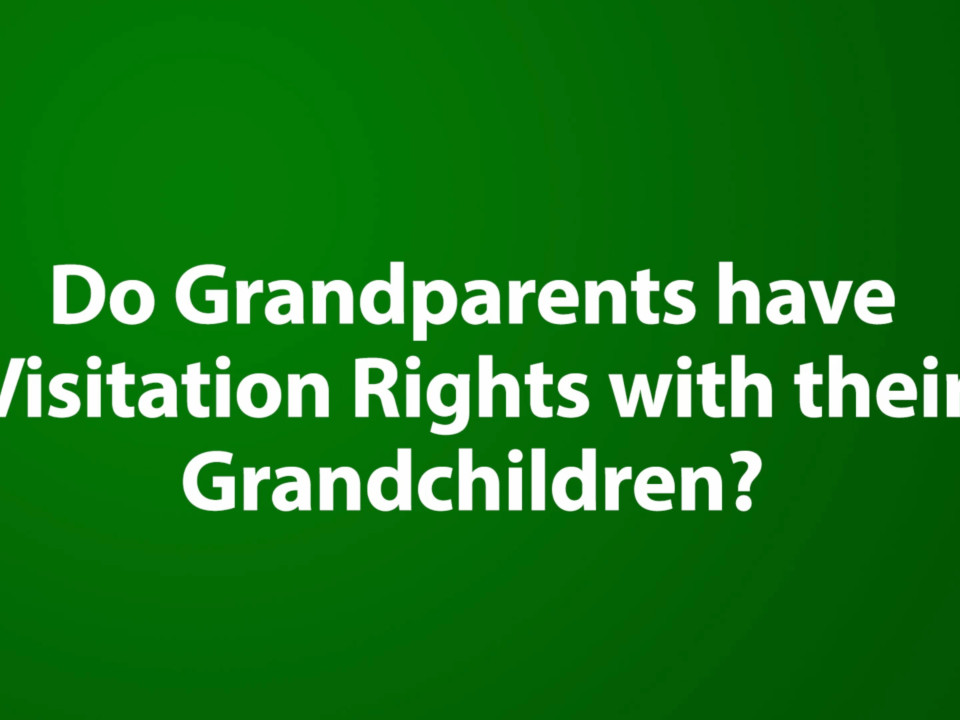
Children in the state of Minnesota require financial and emotional assistance as well as support from both parents. To achieve these goals, the state’s child support program helps parents who are no longer together make sure that there are adequate finances to support the child. Not only does child support reduce financial insecurity, it also reduces public spending because fewer parents find it necessary to obtain public welfare.
The state of Minnesota’s child support program is consistently ranked as one of the top programs of its kind in the country. Minnesota’s child support program serves approximately 245,000 children in each fiscal year.
What is Included in Child Support?
Child support includes money that one parent is required by law to pay to the other parent of the child or in some cases to the child’s caregiver. Support is not always permanent in nature. In some cases, an amount of support can also be modified if a significant event like a divorce or legal separation occurs.
A parent of a minor child is required to provide child support. It does not matter if the minor child’s parents were ever married.
It is also important to understand who qualifies for a child support. In the state of Minnesota, a child includes anyone who is under the age of 18 or anyone who is under the age of 20 who is either still in high school or incapable of supporting themselves due to mental or physical impairments.
How Child Support is Obtained
To obtain child support, there several requirements that must be satisfied, which include the following:
- The person must be the caregiver or parent of a minor child,
- The minor child must live in that person’s residence,
- The child must be financially dependent on that person, and
- The court must have ordered the child’s other parent to pay support.
How the State of Minnesota Collects Child Support
The primary method of obtaining child support from the parent who is required to pay is in the form of income withholding. The state also relies on tax collection to obtain child support. Some of the other ways in which child support can be collected include collecting from newly hired staff, suspending driver’s licenses, and the interception of lottery winnings.
Options for Parents Who Cannot Pay Child Support
Sometimes, events occur that leave parents unable to pay child support. In some cases, the failure to pay might be the parent’s fault while in other cases, it might not be the fault of the parent. Minnesota law permits a parent to request that child support be reduced or stopped for a period of time. Courts, however, will not automatically stop child support. Instead, a person must submit a letter to the appropriate child support office and the chosen staff must review the case to determine if modification is acceptable. If the office denies a person’s request, an individual must still submit a motion directly to the court.
Contact a Skilled Family Law Attorney
Our legal team has significant experience helping individuals with a variety of obstacles that can arise concerning child support. Contact attorney Tracy Lyson at O’Keeffe O’Brien Lyson Attorneys today at 701-235-8000 or 877-235-8002 for the assistance that you need.



